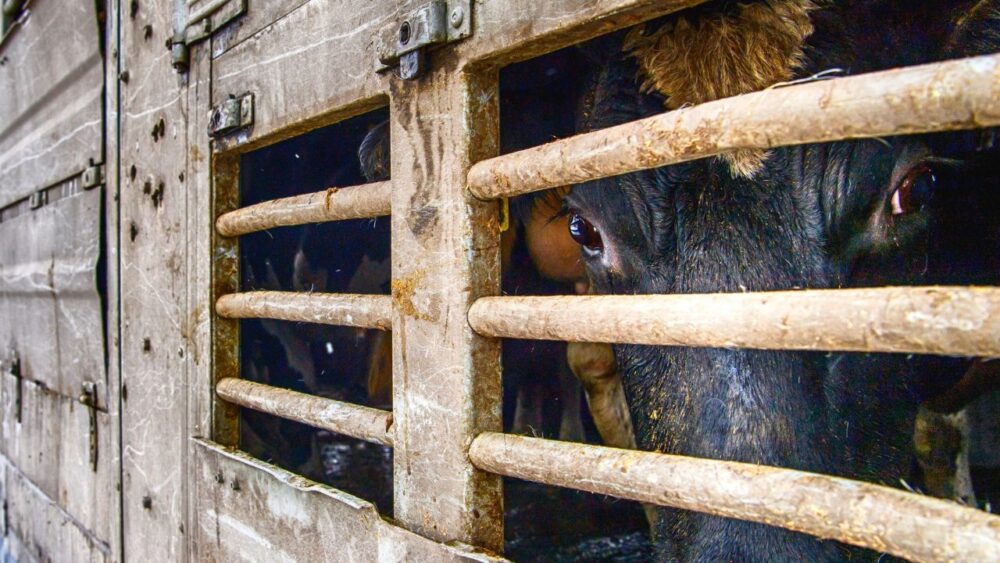The U.S. Department of Agriculture announced an immediate suspension of live cattle, horse, and bison imports through southern border ports due to the rapid northward spread of New World Screwworm (NWS) in Mexico, a deadly parasitic fly threatening livestock and wildlife.
The decision follows detections of NWS in remote farms in Oaxaca and Veracruz, about 700 miles from the U.S. border, marking an “unacceptable northward advancement,” according to the USDA. The suspension, effective immediately, will be reviewed monthly until significant containment is achieved. Livestock currently in holding at U.S. ports will undergo standard inspections and treatments by USDA Animal and Plant Health Inspection Service (APHIS) veterinary officers to ensure they are NWS-free.
“The United States has ordered the suspension of livestock imports through ports of entry along our southern border after the continued spread of the New World Screwworm in Mexico,” Agriculture Secretary Brooke L. Rollins stated in the news release. “The protection of our animals and safety of our nation’s food supply is a national security issue of the utmost importance.”
“Once we see increased surveillance and eradication efforts, and the positive results of those actions, we remain committed to opening the border for livestock trade. This is not about politics or punishment of Mexico, rather it is about food and animal safety,” Rollins added.
NWS, the larva of the Cochliomyia hominivorax fly, burrows into the flesh of warm-blooded animals, causing severe, often fatal damage. It can infest livestock, pets, wildlife, and, in rare cases, humans.
Mexico reported its first NWS case to the U.S. in November 2024, prompting a temporary border closure for live animal trade. Imports resumed in February 2025 after APHIS and Mexico implemented pre-clearance inspection and treatment protocols. However, the pest has since spread north through Central America and Mexico, with a human case confirmed in Chiapas on April 17.
Mexico’s Agriculture Secretary, Julio Berdegué, disagreed with the suspension but was optimistic about a resolution.
“We don’t agree with this measure, but we’re confident we’ll reach an agreement sooner rather than later,” he said on social media.
Mexican President Claudia Sheinbaum called the decision “unfair” during a Monday press conference, emphasizing Mexico’s efforts since the initial alert.
“The Mexican government has been working on all fronts from the very first moment we were alerted to the screwworm,” she said, hoping to avoid further economic strain amid recent U.S. tariff threats.
The U.S. and Mexico continue joint efforts to eradicate NWS, including sterile fly releases in southern Mexico and Central America, active field surveillance, and controlled animal movement. The USDA is also deploying “Tick Riders”—mounted patrol officers—to monitor livestock and wildlife between border ports for NWS.
The suspension aims to curb the pest’s spread through commercial livestock while allowing a reassessment of mitigation strategies. However, NWS can still spread via wildlife crossing the border.
The U.S. previously eradicated NWS domestically and in Mexico, a decades-long effort costing billions. The pest’s resurgence poses a serious threat to animal health and food security.
“Additional action must be taken to slow the northern progression of this deadly parasitic fly,” the USDA said, noting that the agency will review data with Mexico in two weeks to refine eradication strategies.


